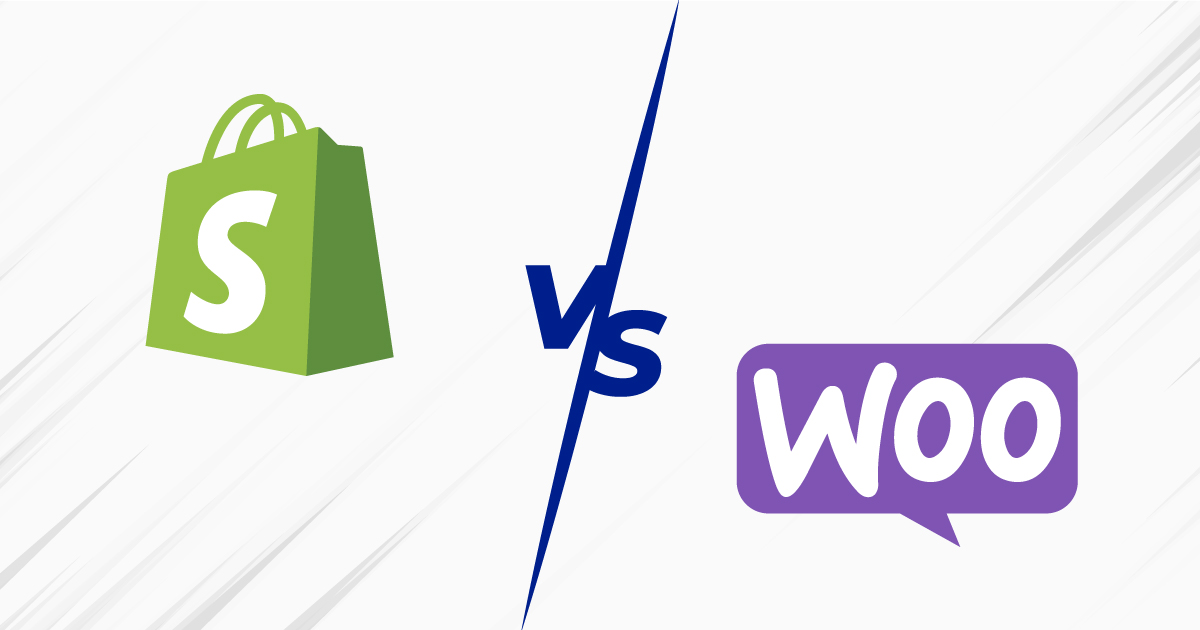Small business owners understandably often feel a bit of apprehension when getting into new areas of marketing— especially since their marketing budgets tend to be limited, most focus their efforts on SEO, website development, print media, social media marketing or emailing with the hope of gaining more traffic, awareness and business. In today’s competitive market, most small businesses need to seek out new clients and convert existing clients into loyal ones.
One channel any small business should seriously consider is SEM (search engine marketing) or in other words, sponsored ads in Google or Bing. Let’s briefly review 5 ways in which SEM can be a boon to your business:
It’s affordable and fast
The most important thing about SEM is that absolutely EVERY onsite action related to your campaign can be measured (actions such as users filling out a form, downloading a PDF, making a purchase on your site, etc.). This means you can examine in detail what works and what doesn’t work and optimise budgets and campaigns in response to real business goals.
In addition, there is no minimum investment. So every business can plan their campaign strategy according to how much budget they have at their disposal.Connect directly with your target audience and potential clients
With SEM campaigns we can directly address potential clients: by using keywords (terms that users are using to look for a specific product or service in Google), geographic location, demographic criteria, even the exact time or days of the week when they are active online.
For a small business, the ability to only show ads to those who are likely most interested in your products or services is a great advantage as it minimizes your spend on audiences that are not relevant.
For many small companies, the option of segmenting campaigns geographically is highly useful, especially if our goal is primarily to connect with local clients.
Develop brand awareness for your company
When a small business uses keywords related to its industry, people who are searching for those same terms will be exposed to that business’ ads. This can be very helpful if, for example, your business does not have a very strong online presence yet. SEM campaigns help with brand visibility and awareness much more quickly than an SEO strategy focusing on raising your page rank results in the search engine as such a strategy will only yield results after months of work.
Market Analysis: Is your product or service relevant?
A well orchestrated PPC (SEM) campaign is the quickest and most effective way to determine if your products and services are what consumers are looking for. They act as mini market analysis studies and can help you to determine what changes need to be made to products and services.
In addition, Google Ads reporting can give you quite a bit of information to help you determine if you need to make changes or improvements to your website.
Reconnect with your clients
SEM campaigns also allow you to reconnect with those users who previously visited your website or purchased on your site. This is called retargeting or remarketing, and in many instances potential clients need to see an ad several times before they take action and make a decision to purchase. Retargeting audiences are those that have already shown interest in your products and services (i.e. they have already visited your site) and as you retarget them, showing them another ad, you are giving them a reminder that ups the chance of them visiting your site again and potentially making a purchase.
With an understanding of what SEM or Search Engine Advertising offers your small business, you will definitely want to include it in your digital marketing strategy. If you think that Google or Bing advertising is the next step, don’t hesitate to contact us.
More posts about: Start an online business







